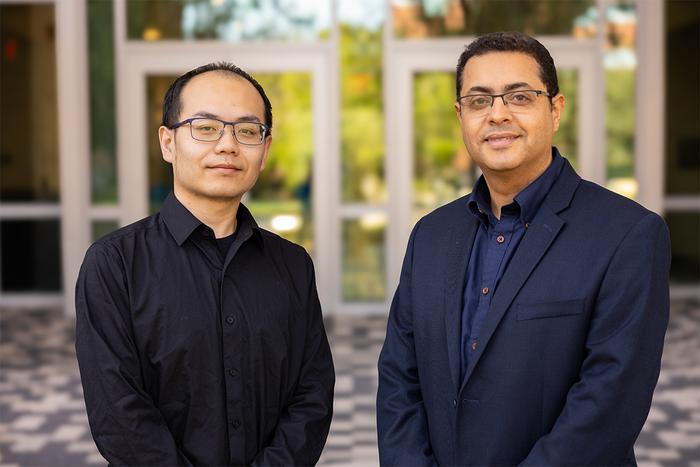Autonomous systems, such as self-driving cars and unmanned aircraft, learn from modeling and simulation. However, the training process can take months to years, and it doesn’t account for the uncertainty found in the real world. In the world of robotics, this is known as the simulation-to-real gap.

Credit: Photo by Antoine Hart
Autonomous systems, such as self-driving cars and unmanned aircraft, learn from modeling and simulation. However, the training process can take months to years, and it doesn’t account for the uncertainty found in the real world. In the world of robotics, this is known as the simulation-to-real gap.
To improve this gap, the Defense Advanced Research Projects Agency (DARPA) has implemented the Transfer Learning from Imprecise and Abstract Models to Autonomous Technologies (TIAMAT) program, which recently awarded a $1.2 million grant to UCF researchers George Atia and Yue Wang. Their project is titled “Distributionally Robust Approaches to Transfer Learning.”
“Being selected for this award from DARPA is truly an honor,” says Atia, an associate professor in the Department of Electrical and Computer Engineering. “I’m thrilled to have the opportunity to participate in the TIAMAT program. This recognition is especially meaningful given the competitive nature of the funding environment.”
Over the next 18 months, Atia and Wang will develop artificial intelligence-based technologies that can help autonomous systems better adapt to unknown variables. Current simulation environments may be very complex and realistic, but they don’t account for the unexpected. For example, a drone flying from a city to a coast may not know how to cope with changes in flight dynamics or lighting.
Speed is another issue to overcome. It can take millions of simulated episodes, spanning the course of several years, for an autonomous system to be trained well for real-world platforms. The UCF team plans to mitigate both factors by designing technology that can train quickly and efficiently.
“Imagine teaching a robot to navigate a bustling city street after mastering a simple maze,” Atia says. “Most methods either ignore uncertainties or play it too safe. But our approach would equip the robot with special abilities to handle surprises, enabling quicker learning and better performance. By bridging theory with practical application, we aim to improve knowledge transfer effectiveness, particularly in scenarios with limited real-world data.”
While defense agencies like DARPA have a particular interest in autonomous systems that can handle the unexpected, the technology can span across industries.
“In healthcare, for instance, our robust knowledge transfer methods could facilitate the transfer of treatment plans between patients, improving personalized care,” Atia says. “Likewise, decision-making policies tailored for specific road conditions could be repurposed for other environments, enhancing safety and efficiency in autonomous driving. By addressing the limitations of traditional machine learning methods, our research has the potential to revolutionize various industries and enable transformative approaches to complex problems.”



